South Korean team in Vienna for talks on debt to Iran
South Korea says it has sent a delegation to Vienna to hold talks with Iran and other countries over how to resolve the issue of frozen Iranian assets held in the Asian country.
Iran and the remaining signatories of a 2015 nuclear deal on Monday resumed discussions to remove sanctions on the Islamic Republic and bring the US back to compliance with the agreement.
The South Korean foreign ministry said its vice foreign minister Choi Jong-kun had arrived in Vienna with a delegation to "explore ways to resolve the issue of frozen Iranian assets in Korea" through consultations on the sidelines with Iran and in coordination with the US, France, Germany and Britain.
The US is not part of the Vienna talks because it has pulled out of the agreement, but it has sent a representative to the Austrian capital to be kept abreast of the negotiations by its European allies.
The parties are discussing a common text which has incorporated Iran's demands regarding the removal of sanctions and its verification as well as US guarantees not to abandon its obligations again.
When the US announced sanctions on Iran in 2018, South Korea was among the first countries to comply with them as they stopped trade with the Islamic Republic and refused to pay their debts, mostly oil money, to Tehran.
Iran has repeatedly demanded the release of its frozen assets in several countries, including some $10 billion in South Korea, but Seoul has looked at Washington for a permit to repay its debt.
US State Department Spokesman Ned Price was quoted as saying that progress over the Iranian assets depended on the Vienna talks.
"Nothing is agreed until everything is agreed when it comes to these issues," Price said. "There was some modest progress in the talks last week. We hope to build on that this week," he told reporters.
The former US administration under president Donald Trump all but wrecked the Joint Comprehensive Plan of Action (JCPOA) after he abandoned it and restored the sanctions which the nuclear agreement had removed besides imposing new bans under different labels.
The Biden administration has indicated its willingness to return to the JCPOA, but it is refusing to take the first step to undo its predecessor's wrongs and demanding instead that Iran retract its countermeasures.
“Sanctions relief and the steps that the United States would take… when it comes to sanctions together with the nuclear steps that Iran would need to take if we were to achieve a mutual return to compliance with the JCPOA – that’s really at the heart of the negotiations that are ongoing in Vienna right now," Price said on Tuesday.
Iran began scaling back its compliance with the JCPOA after waiting for a full year to see if the remaining signatories of the deal take any meaningful measures to protect it from the sanctions, but to no avail. Tehran has said it will rescind its countermeasures if the US returns to full compliance and removes the sanctions in a verifiable manner.
About $2.7 billion deposited by the Seoul branch of Iran's Bank Mellat is held by the Bank of Korea, while more than $7 billion worth of Iranian oil money is stuck at the Industrial Bank of Korea and Woori Bank, according to Yonhap news agency. South Korea’s refusal to free them has caused a diplomatic spat.
South Korea was the biggest client of Iranian gas condensate with 300,000 barrels per day (bpd) on top of 100,000 bpd of crude oil, but the country stopped the imports in November 2018 even before the illegal US sanctions imposed on Iran’s oil industry kicked in.
Gas condensate is an ultra light oil which has a wide range of utilization in the petrochemical industry.
Last month, South Korea’s ambassador to Iran said his country has suffered badly from more than three years of US sanctions on the Islamic Republic.
Yun Kang-hyeon said South Korea's petrochemical sector had been badly affected by the sanctions because of its heavy reliance on Iranian oil supplies.
South Korea and Japan were the major customers of Iran's South Pars condensate, favoring the grade for its rich naphtha yield as well as its relative cheapness to other condensate grades.
"We hope that problems can be solved soon so that we can resume importing our oil needs from Iran and this will be good for everyone," said the ambassador.
Before the sanctions, Korean companies also had a ubiquitous presence in Iran which was a key market for Samsung and LG products in the Middle East, including smartphones and home appliances such as washing machines, TV sets, air conditioners and telecommunications equipment.
The Iranian Students News Agency reported in November that Iran's assets frozen abroad totaled $50 billion.
Some $3 billion of Iranian funds are believed to have been blocked in Japan, while about $7 billion is held in Iraq.
On Tuesday, Iraqi electricity ministry spokesman Ahmed Musa said discussions were continuing with Iran's energy ministry to pay the debt.
Iraq relies on Iran for natural gas that generates as much as 45 percent of its 14,000 megawatts of electricity consumed daily. Iran transmits another 1,000 megawatts directly, but it is unhappy with Baghdad's failure to pay for the imports.
Musa said gas imports from Iran had fallen from 50 million to 8.5 million cubic meters a day, shaving off 4,000 megawatts from the national grid.
Iraq’s electricity production faces various problems, including low water levels in the country's dams, supplying only around a third of the peak winter demand.
Alawite women abducted and raped, others sold by Jolani's men: Report
Iran, China, Russia hold trilateral talks on Geneva nuclear negotiations
VIDEO | Protests and skepticism greet Trump’s Board of Peace
Envoy to UN: Iran will ‘decisively’ defend itself against aggression
VIDEO | Press TV's news headlines
VIDEO | Muslims across India begin holy month of Ramadan
Hamas condemns Trump's 'Board of Peace' meeting
Iran and Saudi FMs discuss outcomes of latest indirect Iran-US talks


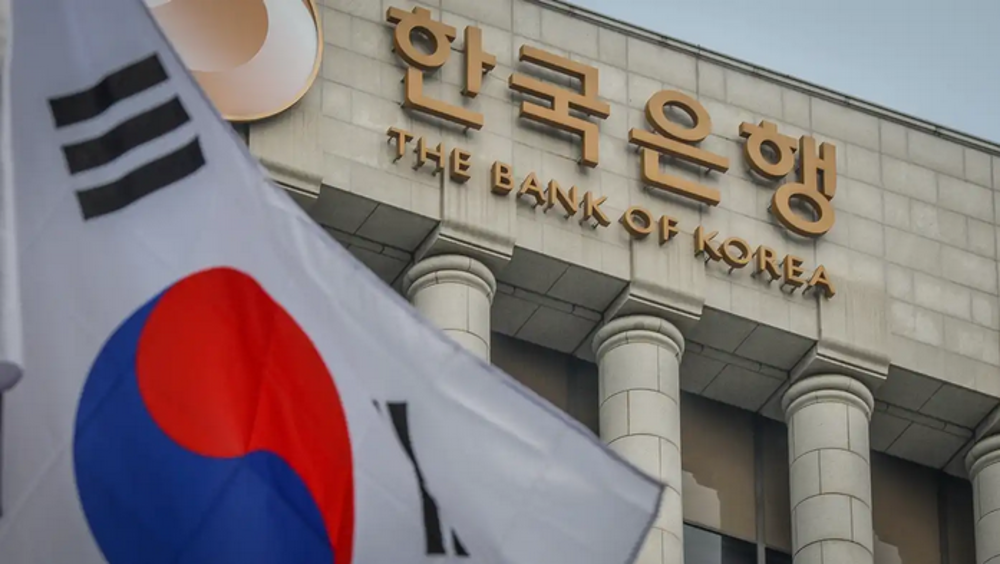
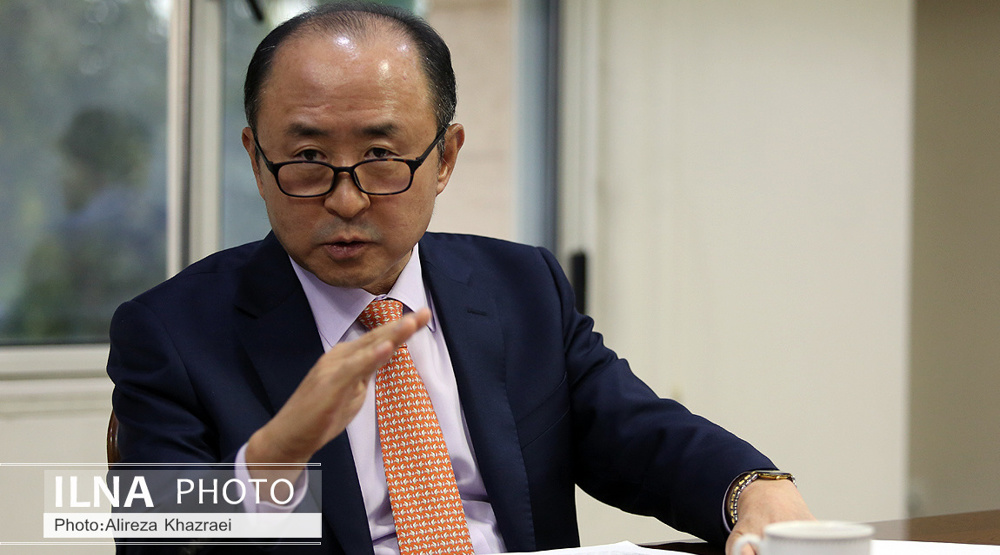
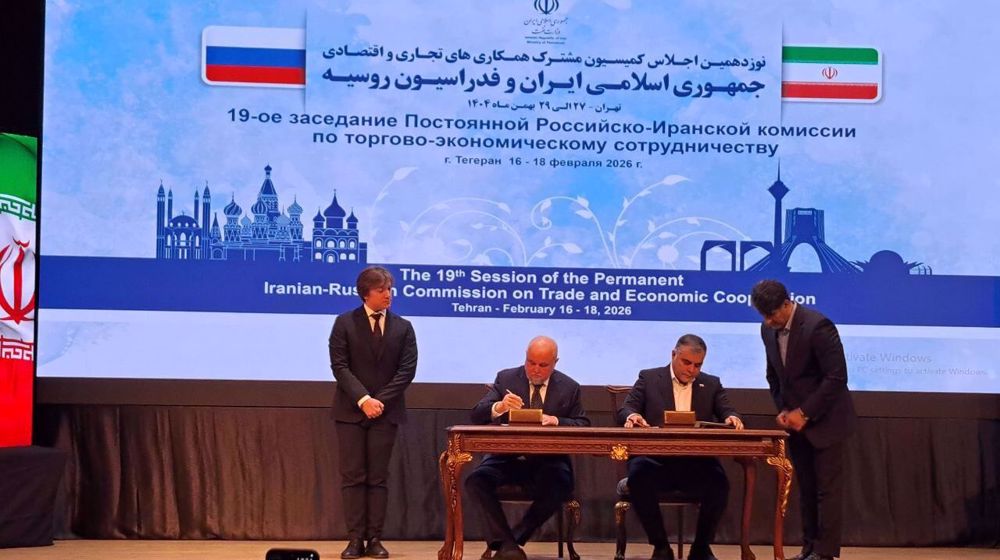
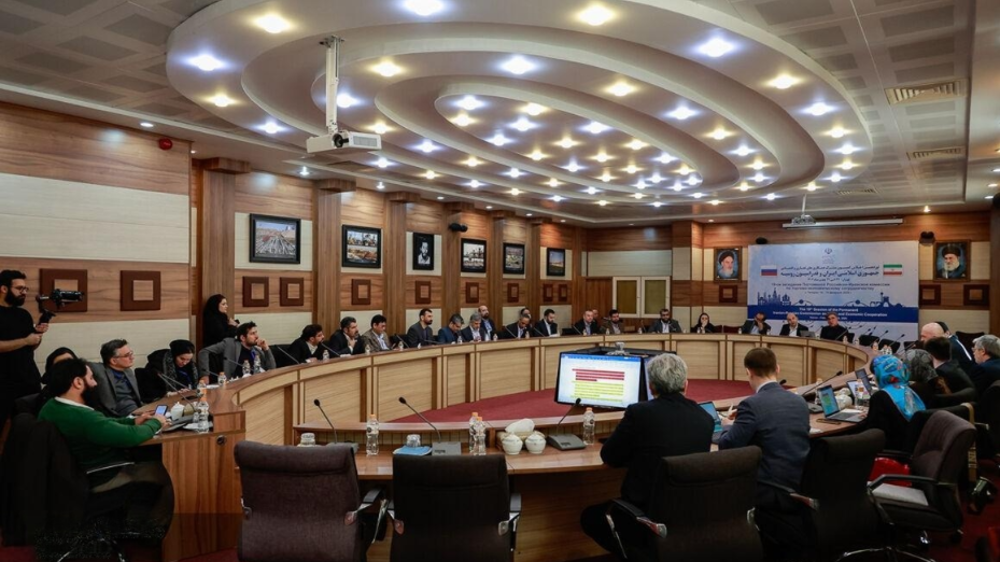
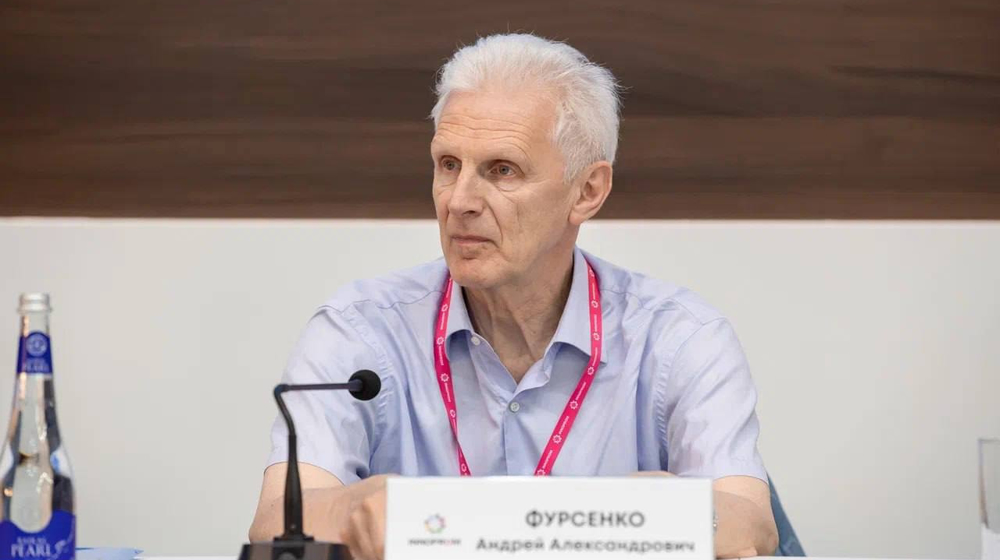




 This makes it easy to access the Press TV website
This makes it easy to access the Press TV website